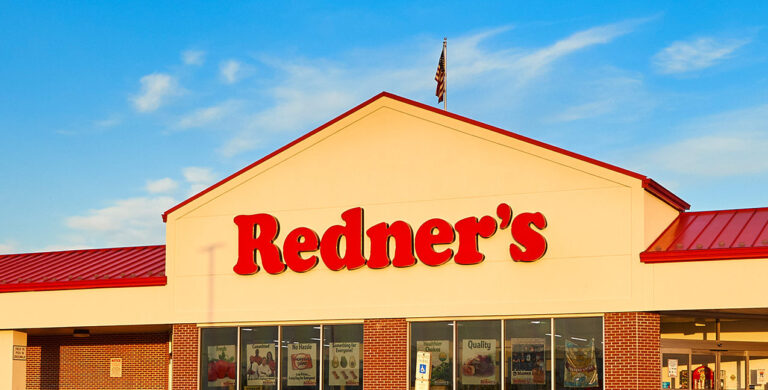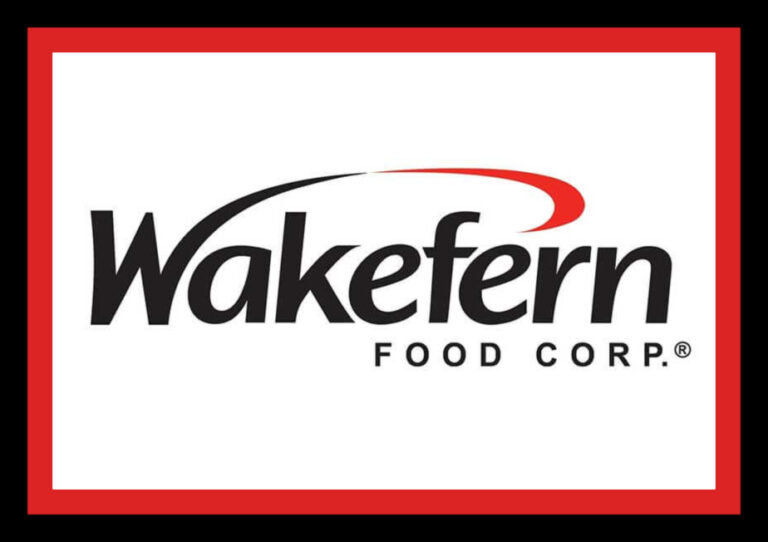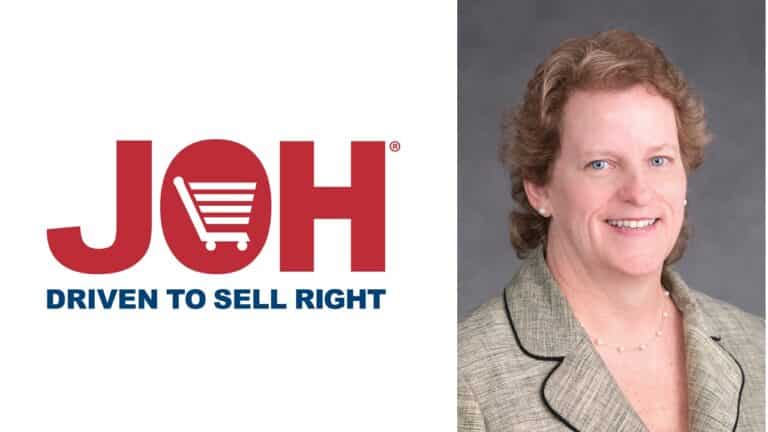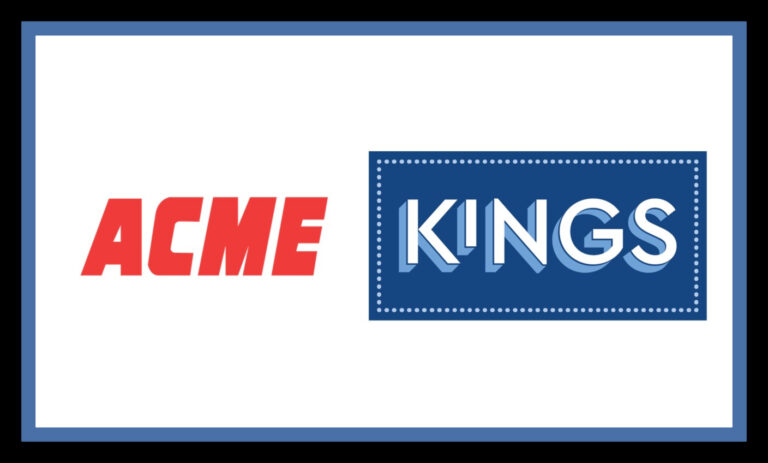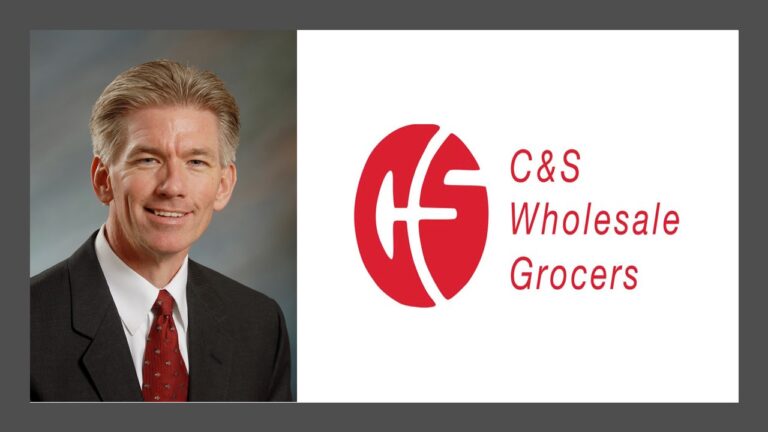Ahold Delhaize, the Zandaam, the Netherlands based retailer that operates five banners in the U.S., reported overall third quarter net sales of $20.8 billion (17.8 billion euros), up 6.8 percent, or 10.1 percent at constant exchange rates.
At Ahold Delhaize USA, which includes The Giant Company, Giant Food, Stop & Shop, Food Lion and Hannaford, comparable store sales (excluding gas) grew 12.4 percent, due largely to gains realized from the COVID-19 outbreak. Brand performance was strong across the board, led by growth at Food Lion and Giant Food. Online sales in the segment were up 114.7 percent in constant currency.
The retailer’s U.S. underlying operating margin was 5.0 percent, up 0.6 percentage points from the prior year at constant exchange rates, driven largely by operating leverage from higher sales growth due to COVID-19, offset in part by significant costs related to COVID-19.
Ahold Delhaize’s net income was $79.6 million (68 million euros), driven down 84.9 percent in the quarter due primarily to a previously announced $675.1 million (577 million euros) provision for a U.S. pension plan withdrawal, primarily affecting Stop & Shop and Giant Food. However, underlying income from continuing operations was $620.1 million (530 million euros), up 8.6 percent in the quarter.
COVID-19-related costs were approximately $549.9 million (470 million euros) year to date, and approximately $163.8 million (140 million euros) in the third quarter, including safety measures and enhanced associate pay.
The retailer’s 2020 underlying EPS outlook was raised to growth in the high-20 percent range and the company said it continues to expect free cash flow to be at least $1.99 billion (1.7 billion euros), net of a fourth quarter payment for a U.S. pension plan withdrawal, and capital expenditures of around $2.9 billion (2.5 billion euros).
President and CEO Frans Muller said: “As COVID-19 continues to impact our communities, I am increasingly proud of our teams’ performance. Their intense focus on the safety of our stores and distribution centers and their persistent efforts to provide outstanding service to our local communities are commendable.
“The operational execution by our teams remains outstanding and has continued to drive strong Q3 performance in both the U.S. and Europe. Our results reflected our ability to leverage our leading local digital and omnichannel platform, which generated nearly 115 percent net consumer online sales growth in the U.S. and nearly 50 percent growth in Europe in the quarter, at constant exchanges rates. While there remains a high level of uncertainty in the market, our strong year-to-date performance allows us to raise our 2020 underlying EPS outlook once again.
“We continue to adapt to changes we are seeing in consumer shopping patterns and behavior. Over the coming years, we will invest in our business to solidify our position as an industry-leading local omnichannel retailer and increase our share of the consumer wallet. We will find ways to improve our online productivity and are on track to achieve the 1.9 billion euros ($2.2 billion) cumulative cost savings target by 2021. To benefit all of our stakeholders, we aim to strike the appropriate balance between investing in the health and safety of associates and customers, supporting our local communities, prioritizing environmental, social, and governance (ESG) initiatives, and returning capital to shareholders.”
The retailer said it continues to solidify its position as an industry-leading local omnichannel retailer in 2021 and beyond, concentrating on growing in three main areas: online capacity, supply chain and technological capabilities.
Currently, Ahold Delhaize’s U.S. businesses reach 90 percent of households in the markets where they operate with home and delivery as well as click and collect, around 70 percent of which have access to same-day options.
In 2020 and 2021, cumulatively, the retailer plains to increase online capacity by nearly 100 percent in the U.S. and will have expanded click and collect to nearly 1,400 locations in the U.S. by 2021, doubling the number of locations since the beginning of 2020.
With regard to its U.S. supply chain, the company Ahold Delhaize had previously noted that it will be moving to a fully integrated self-distribution model by 2023, adding that it is progressing on their deliverables ahead of schedule, with the first integrated distribution center of the transformation initiative going live in 2021.
In omni channel, Ahold Delhaize said its U.S. businesses are focused on enhancing subscription offerings. Carlisle, PA based The Giant Company will test a new subscription offer in the first quarter of 2021 with an annual membership fee of less than $100, improved value proposition and preferential delivery time slots with the aim of driving increased loyalty and engagement. The Central PA retailer will be working with Mirakl, a French cloud-based ecommerce company which specializes in online marketing platforms.
U.S. businesses will offer an “endless aisle” solution with an additional 80,000-100,000 general merchandise and food items in the first half of 2021. Additionally, the value proposition will be enhanced through the launching of 1,500-2,000 more own-brand items in 2021, growing from the current base of 15,000 items.
At Quincy, MA-based Stop & Shop, ADUSA’s largest brand, its current remodeling program will be accelerated with approximately 60 additional stores in 2021, an increase from 31 stores in 2020. The retailer said the remodeled stores are performing well with sales lifts in line with expectations.
The company’s third quarter financial report also included an update on its environmental, social, and governance (ESG) call to action.
Ahold Delhaize said that its U.S. brands are enhancing their value proposition through its leading own-brand offerings with a goal of having 51 percent of these sales be from healthy products by 2022. They will also be focusing on increasing discounts and rewards on healthier products and will implement easy-to-use nutritional labeling across its portfolio by the end of 2025.
In October, the U.S. brands announced a target for at least 54 percent of own-brand food sales to be from products that achieve one, two or three stars through the Guiding Stars nutrition program by 2025.
The company also provided an update on its environmental initiatives, reporting a focus to work toward zero plastic waste from its own-brand packaging by 2025, including aiming for 25 percent of own-brand plastic packaging made from recycled materials. The company is also committed to science-based targets for 2030 to halve carbon emissions from its operations and reduce value chain emissions by 15 percent.
The retailer stressed that they embrace clear standards on human rights, such as non-discrimination and the prevention of forced and child labor. Following the publication of its inaugural Human Rights Report in June 2020, Ahold Delhaize is now strengthening governance and working with its brands to develop local roadmaps that take into consideration the six salient issues addressed in the report.
Ahold Delhaize noted that its brands aim to provide competitive associated pay based on industry practices and local market conditions and strive for 100 percent gender balanced candidate and succession slates for all leadership positions. Further, they aspire for 100 percent of associates to rate the company as inclusive.
In discussing outlook, the retailer said that COVID-19 continues to create significant uncertainty for the remainder of 2020, though. However, due to the company’s strong performance so far this year, guidance for underlying EPS is being raised to the high-20 percent range from low-to-mid-20 percent growth previously. The group will reach its $826 billion (7 billion euros) net consumer online sales goal in 2020, one year ahead of plan.
Underlying operating margin in 2020 is still expected to be higher than 2019.
The 2020 free cash flow outlook of at least $1.99 billion (1.7 billion euros) is reiterated and includes the effect of paying the majority of the previously announced $675 million (577 million euros) pre-tax obligation to withdraw from the UFCW International Union – Industry Pension Fund in Q4. The capital expenditure guidance of around $2.9 billion (2.5 billion euros) is maintained and reflects the company’s accelerated investments in digital and omnichannel capabilities. In addition, Ahold Delhaize remains committed to its dividend policy and share buyback program in 2020, as previously stated. A new $1.17 billion (1 billion euros) share buyback program has been authorized, to start at the beginning of 2021.



